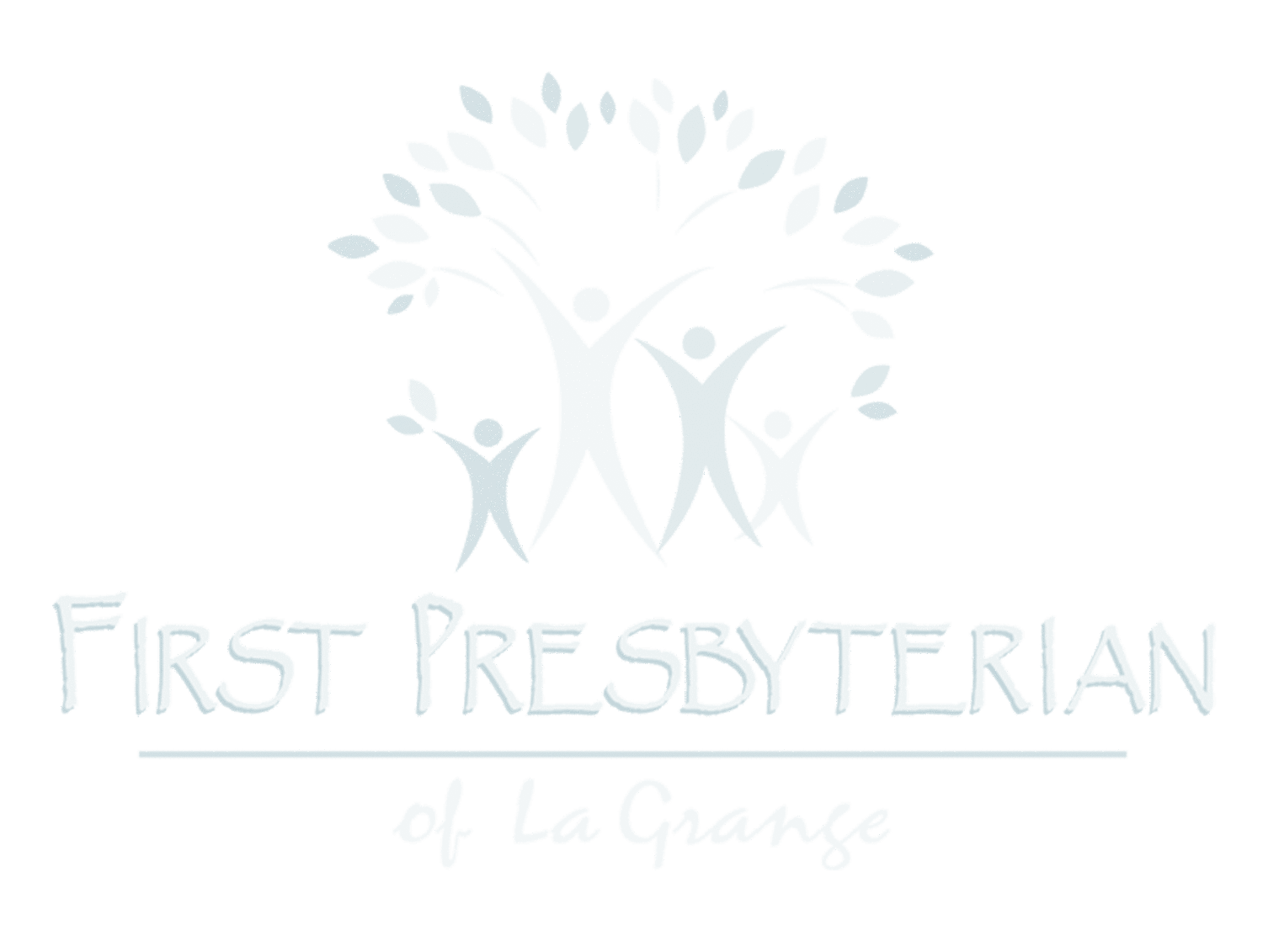Dear Fellow Marketing Team Members,
Lately I’ve been musing about church marketing. For years, an attempt to invite others to the church I am serving sounded like a generic sales pitch printed on a card written for new marketing agents. It goes something like:
If you’re looking for a church home, [insert congregation’s name here] is a great place. We have [list good programs here, being careful to target the age of the potential customer’s children]. The people are really great. For years we’ve [highlight some aspect of history]. Our worship service is at [insert appropriate time]; we would love to welcome you.
The biggest problem with that speech can be found in the first seven words. Narrowing the invitation to a population “looking for a church home” immediately reduces the potential audience by 95%. Seriously, how many people do you meet in any given day who are actively pursuing congregational affiliation? If you eliminate folk who already identify with a Christian congregation, you’ve lost about 35% of Americans. Then eliminate those who are not interested in Christian fellowship because of other religious affiliations; you lose another 20%. The last bunch is the growing number of “nons” who have absolutely no interest in anything religious, about 40%. By ruling out these populations, our attempt at invitation is reserved for three friends who either recently moved from active church membership in another state, or have been so offended by the incompetence of their current pastor that they are begging for a new place to be on Sunday.
I’ve never heard an invitation to a restaurant begin with the words, “If you’ve ever thought about eating, I know a great place!”
Listerine, first developed by Dr. Joseph Lambert as a surgical antiseptic, was initially marketed in 1881 as a floor wash that could cure gonorrhea. It wasn’t until 1914 that the same product was sold as a mouthwash, but Americans were unaware of its usefulness. And it wasn’t until the 1920s that Lambert’s son Gerrard identified the problem Listerine mouthwash could solve—chronic halitosis. Listerine began marketing the problem instead of the solution. Once America realized it had bad breath, Listerine stood as a certain solution. Between 1921 and 1928 Listerine sales rose from $115,000 to over $8 million. (Freakonomics: A Rogue Economist Explores the Hidden Side of Everything. New York: HarperCollins, 2009. p. 87.)
What congregations have lost is the urgency of need, not the quality of product. A century ago, those “looking for or having found a church home” was a population that included all but the most bitter atheists and a few zealous anarchists; we’ve lost the urgency about the very problem for which our community is an excellent solution.
Like bad breath in the nineteenth century, the people of our culture are walking around oblivious of their offensive condition. FPCLG offers many effective and quality programs addressing a fundamental human need about which most people are completely unaware.
Whether people know it or not, they need the reality of God’s presence in their lives. Aware or unaware, people, all people, need to experience the reconciliation made possible by the grace of Jesus Christ. Even the clueless have a deep desire to experience unconditional love.
I suggest flipping the script. Consider the following invitation:
If you’ve ever experienced a loss of purpose, if you’ve ever wondered if your life has any meaning, if you’ve ever wondered if you could be truly loved for who you are, I know this community of people who will help you find that purpose and meaning in Jesus Christ. What’s more, we have a great choir and praise band for those who love music, and we have interesting classes for children of all ages. I really enjoy [insert your favorite FPCLG program here]. We care for each other, we encourage one another, we often share great food, and we’re always reminding people of God’s forgiveness and striving to be living expressions of God’s love. Would you like to come? I can pick you up on Sunday [insert a time 45 minutes before the 9:30 or 11:15 service, leaving plenty of time for introductions to friends and a brief tour of the facility].
I am not interested in pastoring a congregation that dominates the “actively seeking Protestant church” market share. I desire instead to be part of a congregation that invites every human being to receive exactly what they need, whether they know it or not—purpose and meaning in Jesus Christ.
Cultivating a sense of emptiness so God may bring filling, I remain
With Love,
Jonathan Krogh
Your Pastor

